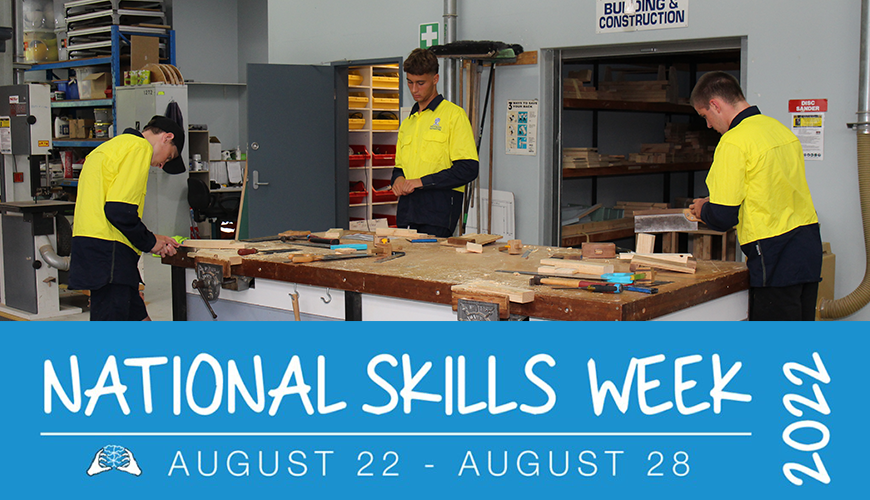Construction sector forecast to have more than 100,000 unfilled roles by 2023
National Skills Week’s Chairman Brian Wexham notes that a severe shortage of skilled construction workers is slowing delivery and increasing the cost of home builds, major infrastructure projects and everything in-between.
Mr Wexham said: “The shortage of skilled construction workers is hampering the delivery of many projects in this country. COVID-19 has disrupted building material supply chains over the last two years, increasing the lead times and costs of materials. On top of this, workers have been able to command higher wages and be more selective than ever about their chosen employer”.
Industry consultancy Arcadis has reported construction job vacancies have risen by a massive 80 per cent since late 2019. They forecast that by 2023 there will be over 100,000 unfilled roles in the sector. More serious still, Arcadis also forecast this will be almost 50 per cent greater than the number of people who are expected to be qualified to fulfil the roles. (Source: Arcadis Construction Costs Index Report, 2022).
Michael Morrissey, CEO of Brick and Block Careers says Brick and Blocklaying is increasingly being seen as a ‘Trade of Choice’ with a greater understanding of the career potential it can lead to and the ongoing demand.
“A qualified Bricklayer can get an early entry into running a subcontracting business, managing their own team, control over their profits and leading the way”.
Now moving into its twelfth year, National Skills Week 2022 is being held this year, August 22 to 28, inviting Australians to explore the Universe of Skills on offer through Vocational Education and Training.
A key objective of National Skills Week is to identify and highlight industries with the most in-demand jobs of the future as well as sectors forecast to see the biggest growth in coming years, to ensure Australians can gain the training and education they need to secure those jobs and maintain stable long-term employment.
Mr Wexham said it is critical that school leavers, job seekers, parents and career changers are informed of what the jobs of the future are, and what Australia’s most critical skills shortages and jobs needs are.
“This will ensure our young people, yet to start careers, can gain training and skills in education which is going to secure them a job at the end of that training.
“Further, it will assist in funnelling Australia’s labour market into the training opportunities which are most likely going to lead to their employment ie the most in-demand jobs of the future.

